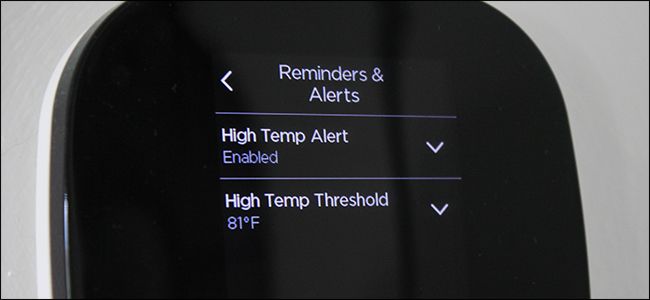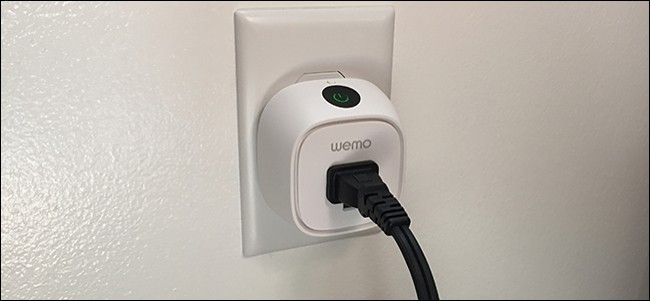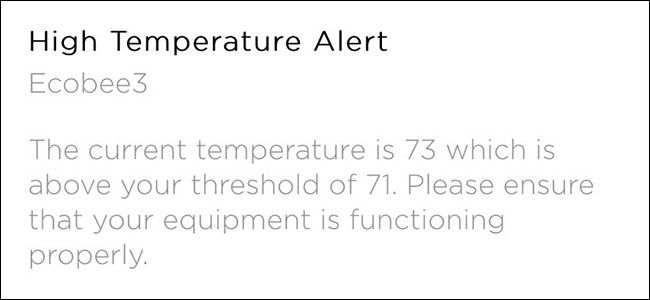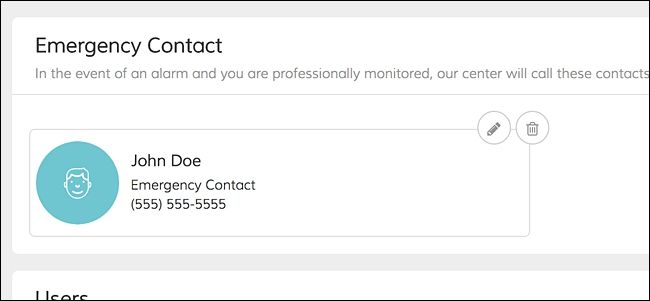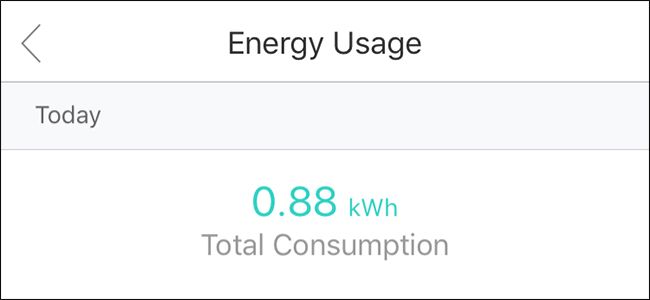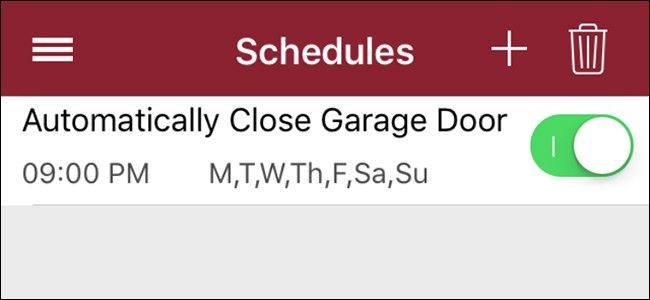Quick Links
Most homeowners deck out their houses with smarthome gear for the convenience and cool features, but what you may not know is that some devices come with features that can prevent problems and even potentially be life saving.
Schedule Automatic Shut Off on Smart Plugs
Most things you probably plug into smart plugs are trivial devices, like a lamp or a fan. However, if you use things space heaters with your smart plugs, you might want to set a schedule so that the smart plug automatically shuts off at a specific time if it's not already turned off.
This is especially great if you tend to forget to turn off your space heater. Not only will it save you money on your electric bill, but having your space heater turned off when you're not around is a smart safety play. It could potentially prevent your house from burning down, as extreme as that sounds.
Pretty much every smart plug has the ability to automatically shut off at a certain time, and you can even schedule it to turn on at a certain time as well. Just be sure that if you do use your smart plug with a space heater, that you're not leaving it unattended.
Set Temperature and Humidity Warnings on Smart Thermostats
When you're at home, it's pretty easy to tell if your HVAC system is acting up, but when you're on vacation or away from home for an extended period, it's like Schrodinger's Cat; until you arrive home, your heating and cooling system is both working and not working. That is, unless you enable temperature and humidity alerts on your smart thermostat.
Most smart thermostats have some kind of feature where you can get notified when your home's temperature and/or humidity levels reach a certain value, which could indicate a problem with your heating or cooling. The Ecobee thermostats have this type of setting built in, while the Nest Thermostat lets you do it through IFTTT.
Once you receive the alert, you can contact a neighbor or a friend to check it out and get ahead of the problem before you come home to a really hot or cold (or worse yet, humid and moldy) home.
Integrate Emergency Contact Information
The last thing you want to be doing when your smart smoke alarm goes off, or your security system detects an intrusion, is to be fumbling for the right number to call. Most of these devices let you integrate emergency contact information.
Nest, for example, allows you to enter in an emergency contact in the app, so that when the Nest Protect smoke alarm or the Nest Secure security system sends you an alert, you're just one tap away from getting hold of someone that can help. The same goes for Abode's security system as well.
Of course, calling 911 is a good choice too, but if you're all the way across the country, it might be better to know the ten-digit number for your local fire or police department that you can call from anywhere.
Configure High Wattage Detection on Smart Plugs
The automatic scheduled shut off feature mentioned earlier is great, but there are some situations where you may want to keep the smart plug turned on, especially for appliances and devices that turn on and off by themselves. In this case, getting alerts when high wattage is detected is a good option.
For example, my space heater can automatically turn on and off based on the temperature in the room. In this case, I'd want the smart plug to be on at all times, since the heater is doing the automation. However, if I forget to shut it off and it turns on at some point, I can get alerted.
This really only applies to smart plugs with energy-monitoring capabilities that can detect exactly how much wattage the device is pulling. With that, I can set a threshold where the smart plug alerts any time the space heater pulls more than 10 watts or so.
Schedule Auto-Close on Smart Garage Door Openers
We all forget to close the garage door once in a while. And unfortunately, an open garage door is one of the most tempting targets for burglars. But if you have a smart garage door opener like MyQ, you enable the auto-close feature to help prevent that from happening.
Basically, you set a time that you want your garage door to automatically close every night (or every day, or both), and if it's still open when that time rolls around, the opener closes it automatically. If the door is already closed, then it does nothing.
It's a really simple feature, but it allows you to never have to worry about whether or not you left the garage door open, possibly resulting in a quick and easy grab for a thief.
Use Z-Wave Water Sensors to Detect Water Leaks
While more a product than a feature, smart water sensors are perhaps the most useful smarthome devices you could have in your arsenal, because they can save you a lot of headaches.
Water leaks can result in a ton of water damage that could easily cost you thousands of dollars, and many water leaks go undetected until it's too late. However, by installing some Z-Wave water sensors around the house, you can get notified the instant a water leak is detected.
Of course, there are a lot of places where you should put water sensors, so the cost of installing these smart water sensors can be pretty high, but it's better than paying thousands of dollars to replace water-damaged items.

